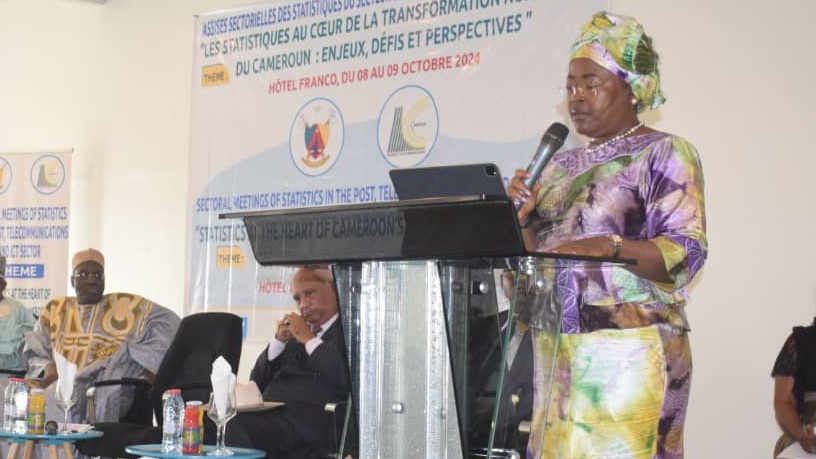Cameroon seeks to be Africa’s digital stats hub

Cameroon wants to overcome the challenges associated with the production of digital statistics in order to leverage them and become an African leader in the field.
The central African nation is also keen on drawing on international best practices to build a robust and reliable statistical system to achieve its long-term plan of becoming an upper middle-income digital economy by 2035.
Speaking at a two-day forum, which opened on 8 October in the capital Yaounde, Minette Libom Li Likeng, Cameroon’s minister of posts and telecommunications, said the country’s digital economy is growing rapidly, driven by infrastructure investment, a boom in digital services and increasing adoption of ICTs.
However, she noted the production of vital digital statistics had been challenging due to
the diversity of players, difficulty in establishing stable definitions and methodologies due to rapidly evolving technologies, and lack of resources – challenges Likeng said the government was prepared to tackle.
The forum, which brought together nearly 300 different stakeholders, was designed to assess the current state of statistical production of Cameroon’s digital economy. It also provided an opportunity to encourage collaboration among various players, raise awareness among decision-makers, build capacity and set up a concrete action plan to strengthen the national statistical system for the digital economy.
The minister said the use of reliable, up-to-date statistical data enables government to not only assess performance, but also to plan more effectively and make informed decisions, particularly in a constantly changing technological environment.
“Digital economy statistics are not just numbers on a chart. They are the pulse of our transforming society. In this battle for our country’s digital transformation, which we can compare to a ship navigating the tumultuous ocean of the digital age, statistics are both the navigation map and the lighthouse,” Likeng said.
According to Joseph Tedou, director general of the National Institute of Statistics, advances have to be made in exploiting alternative data sources to statistical surveys, such as Big Data and AI, to capture exhaustive data on the digital economy.
“The use of statistics improves decision-making and enables appropriate public policies to be put in place and the evolution of the digital society to be monitored,” he said.